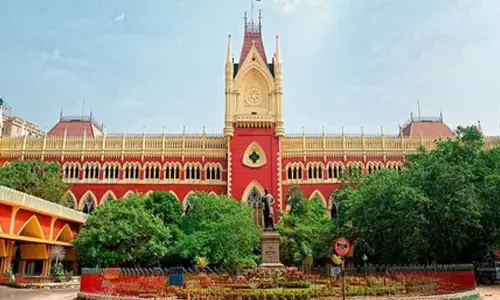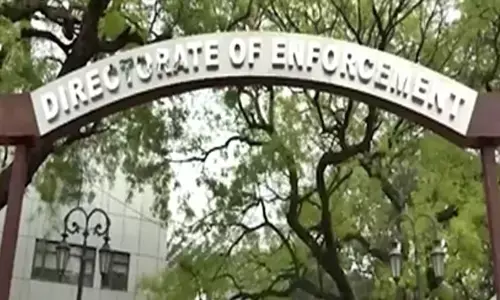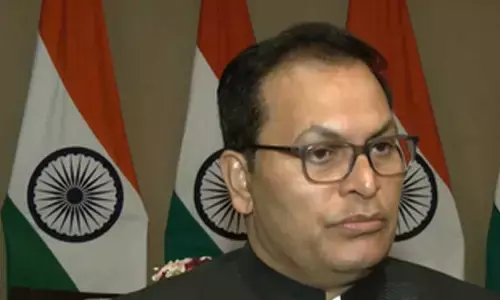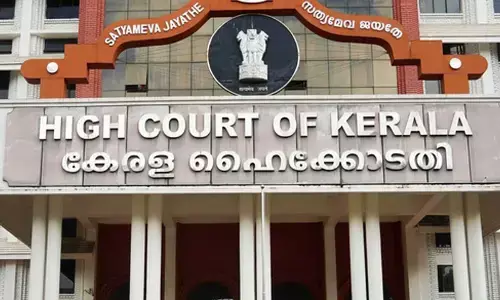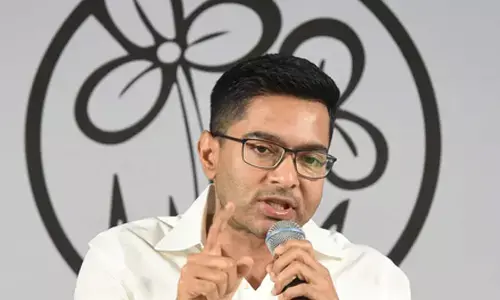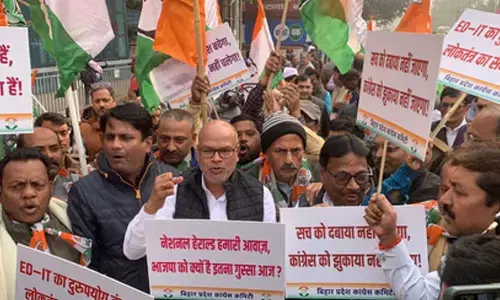40% rise in youngsters rushing for heart check-up after actor Puneeth's death
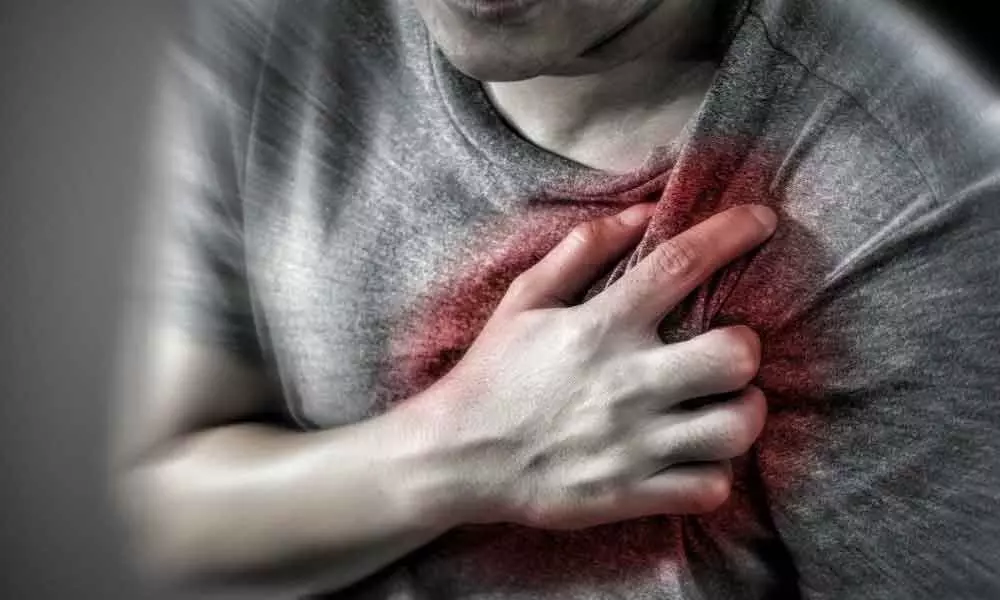
Representational Image
The tragic death of Kannada superstar Puneeth Rajkumar following a cardiac arrest on October 29 has led to a surge in the number of younger people going for heart check-up. According to Dr Krishna Sarin M A, Interventional Cardiologist, Specialist Hospital, Bengaluru, "Our hospital alone has witnessed an increase of over 40 percent youngsters coming for a heart check-up over the last week."
Bengaluru: The tragic death of Kannada superstar Puneeth Rajkumar following a cardiac arrest on October 29 has led to a surge in the number of younger people going for heart check-up. According to Dr Krishna Sarin M A, Interventional Cardiologist, Specialist Hospital, Bengaluru, "Our hospital alone has witnessed an increase of over 40 percent youngsters coming for a heart check-up over the last week."
India is the heart attack capital of the world as four persons under 50 years of age suffer a fatal heart attack and one out of four are below 35 years of age. There are conventional and non-conventional risk factors that contribute to heart attacks in younger people, explains Dr Krishna Sarin.
While conventional factors include high sugar, high cholesterol and high blood pressure; the non-conventional or new-age risk factors include smoking, stress, sedentary lifestyles, sitting for long periods of time, improper diet, over
weight and genetic factors. About 80% of heart attacks among young adults are due to smoking. People who smoke are three times more at risk of developing a heart attack. Smoking increases thickness or viscosity of the blood which enhances the chances of developing clots, explains Dr Krishna.
Though stress is common, managing it is very important. Diet and weight are inter-related. The modern day diet is very high in sugar, salt, refined carbohydrates and very low in fibres. This causes obesity which leads to high sugar and blood pressure which leads to metabolic syndrome which causes heart attacks.
Family history is also an important factor, so if parents or their siblings have had a heart attack in their fifties or sixties, it is likely that the children will get a heart attack or a blockage at least five to ten years earlier than the age when they developed their heart attack. This is called genetic anticipation and is very common in patients with family history of heart attacks. So, what are the red flags? The usual crushing chest pain radiating to the back or the jaw or to the left arm, may not always be there, he added.
Any unusual pain that one has not experienced before, maybe in the form of shoulder pain, chest heaviness, arm pain and numbness, gastric pain that is usually ignored as acidity when accompanied with shortness of choking sensation or breathing difficulty should not be ignored. Rush to a nearby hospital and do an ECG immediately. It is the only way to detect and prevent a massive heart attack, said Dr Krishna.
He added, the best prevention methods for smokers is to first quit smoking. Avoid sitting for long time and make it a habit to walk every thirty minutes. Eat a very nutritious diet that is high in fibre and low in carbohydrates and fats. Avoid refined and processed foods, especially anything white like white rice, white bread, white oats. Avoid red meat. Include more greens, yellows and orange in your diet.
Dr Krishna recommends periodic check-up from the age of 35 for persons with a family history of heart attacks. Total cholesterol should be less than 200, fasting sugar should be less than 100 and systolic blood pressure should be less than 130. If any of these values are abnormal make sure to reach out to a cardiologist. In case of a heart attack remember that 'time is muscle'. Therefore, let not the death of a celebrity be the red flag for you to rush to check your heart.









